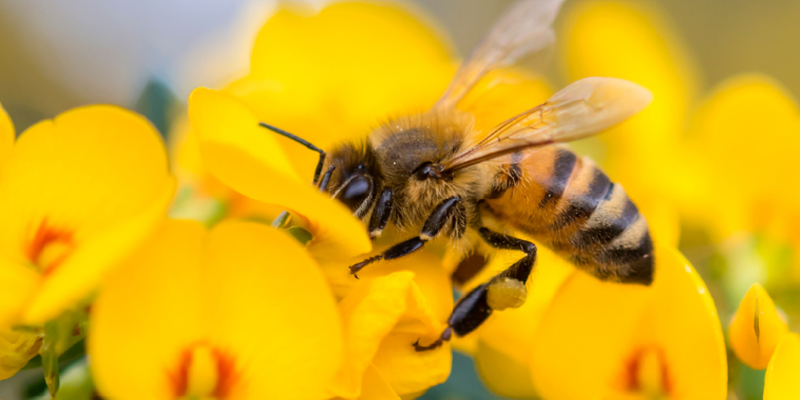IPPC presents views on Post-2020 Global Biodiversity Framework at FAO-CBD Global Dialogue
Posted on Tue, 13 Jul 2021, 14:27

Rome, 7 July 2021. The Food and Agriculture Organization (FAO), in collaboration with the Secretariat of the Convention on Biological Diversity (CBD), held a virtual Global Dialogue on the role of food and agriculture in the Post-2020 Global Biodiversity Framework (GBF) on 6-7 July 2021. The GBF, whose first draft was circulated on 5 July, builds on the Strategic Plan for Biodiversity 2011-2020 and sets out an ambitious plan to implement broad-based action to transform society’s relationship with biodiversity and to ensure that the shared vision of living in harmony with nature is fulfilled by 2050.
The event aimed at raising awareness of the ongoing international policy processes on biodiversity, and at positioning agriculture sectors as key contributors to sustainable management and custodianship of biodiversity. Outputs of the Global Dialogue feed into discussions on the development of the Post-2020 GBF and the 15th Session of the Conference of Parties (COP15) to the CBD to be held in Kunming, China, in October 2021.
The International Plant Protection Convention (IPPC) is one of the biodiversity-related conventions, and fully committed to supporting the targets of the Post-2020 GBF, particularly those in relation to invasive alien species. Invasive plant pests are one of the main cause of global biodiversity loss, and their impact on terrestrial, marine and freshwater environments as well as on agriculture and forestry can be devastating.
On the second day of the Global Dialogue, Mr John Greifer, Commission on Phytosanitary Measures (CPM) Vice-Chairperson, participated in a roundtable where bureau members of FAO intergovernmental processes and biodiversity related conventions provided their views on the draft Post-2020 GBF.
In his intervention, Mr Greifer stressed the importance for CBD parties to consider the work that is already being conducted under the mandate of the IPPC with regard to the International Standards for Phytosanitary Measures as CBD moves towards adopting its framework and individual targets.
Mr Greifer brought forward three key messages from the IPPC community regarding the current GBF draft and developing further its indicators. Work on the draft will continue at the third meeting of the open-ended Working Group on the Post-2020 GBF, scheduled on 23 August – 3 September.
First, he emphasized the importance of the existing IPPC’s phytosanitary infrastructure for managing invasive alien pest species. He encouraged Ministers of the Environment, CBD focal points, and National Plant Protection Organizations to cooperate towards the prevention, and if needed, the management of invasive alien species as a joint goal. The IPPC community believes that the new target on the invasive alien species in the GBF should include the concept of “safe trade” and consider both intentional and unintentional introduction of invasive species.
In addition, he highlighted the need to consider potentially invasive species for all ecosystems, such as forestry pests and aquatic plants, and to identify practical metrics to assess the impact of invasive alien species and progress in reducing their spread and introduction. Even if there is no single global method to record the impact of invasive alien species, IPPC members may support the development of national and regional lists to help identify invasive alien species of greatest concern. Furthermore, IPPC member countries have the capacity to carry out pest risk analyses and provide pest report statistics, which may provide valuable input for establishing base line information and assessing the impacts of future pest preventions strategies, said Mr Greifer.
Finally, the CPM vice-chairperson highlighted the approach to measure indicators on invasive alien species, which should take account of communications, resource mobilization and capacity development. Efforts need to be made to support more investment for surveillance and early detection, in line with the IPPC message of prevention being a better option than eradication or management.
The IPPC Secretariat encourages NPPOs to liaise with counterparts in the Ministries of Environment to bring up the points of interest for the IPPC community at the third meeting of the Open-ended Working Group on the Post-2020 GBF taking place on 23 August – 3 September ahead of the expected adoption of the framework at COP15.

